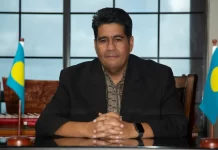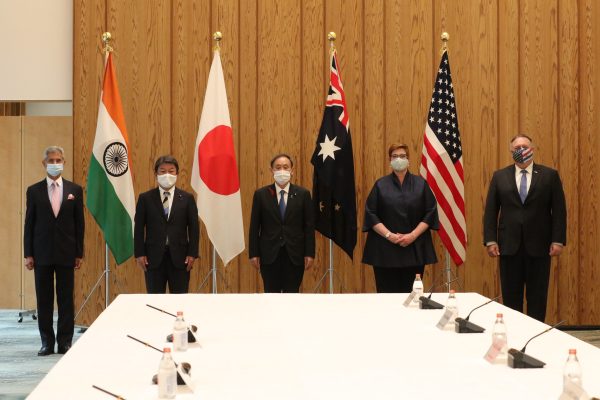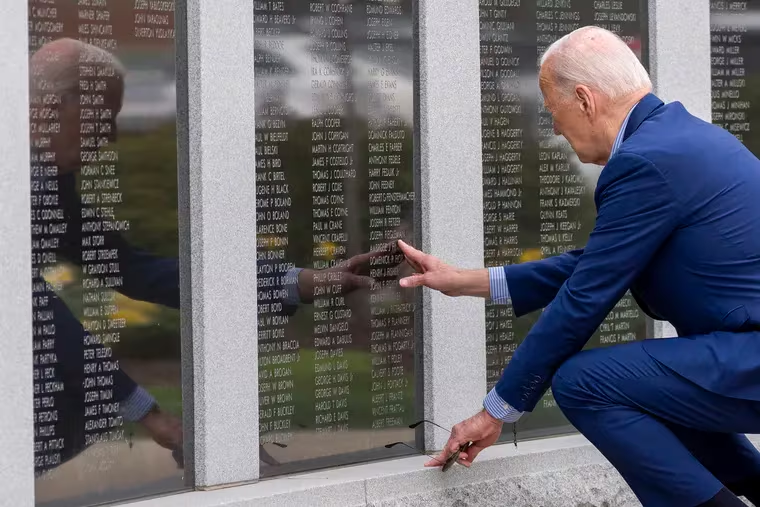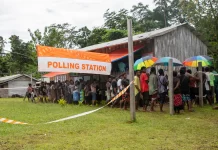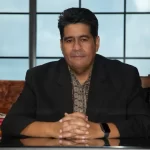Foreign Ministers from Australia, Japan, India and the U.S will canvass how the Quadrilateral Security Dialogue can work in concert with other regional blocs as they seek to check Chinese influence in the Indo-Pacific.
While expanding the Quad is not on the agenda for Friday’s meeting in Melbourne, members want to begin forging relationships with other regional groupings such as the Association of South East Asian Nations (ASEAN).
Federal government sources said the attendance of U.S Secretary of State Antony Blinken at the Quad meeting would send a powerful sign that despite the tensions between Russia and Ukraine, America was not distracted by it and could focus on multiple issues at once.
It would show that Indo-Pacific was still important to America after the Trump era had sowed doubts on its commitment.
“We are a vital network of liberal democracies committed to practical co-operation, including to support a regional recovery and to ensure all Indo-Pacific nations, large and small, are able to make their own strategic decisions, free from coercion,” Foreign Minister Marise Payne said.
Blinken, who arrives in Australia on Wednesday, will also hold a bilateral meeting with Prime Minister Scott Morrison.
The Quad meeting comes just days after Chinese President Xi Jinping and Russian President Vladimir Putin held a summit, with Xi backing Moscow’s grievances over Ukraine and the two leaders claiming Australia’s acquisition of nuclear submarines would fuel an arms race.
Cabinet’s national security committee discussed the Ukraine crisis on Monday, with Morrison urging Russia to remain engaged in dialogue with Western countries to defuse tensions.
“Any breach of Ukraine’s territorial sovereignty is not a mark of peace, it is a mark of those who would seek to take sovereignty from others,” the PM said.
As well as the Quad meeting, Senator Payne will hold bilateral meetings with Blinken, Japanese Foreign Minister Hayashi Yoshimasa and Indian External Affairs Minister Subrahmanyam Jaishankar, who is recovering from a recent bout of COVID-19.
The visiting ministers will hold bilateral meetings with each other, and Blinken also plans to speak to students and technology sector leaders.
“We intend to demonstrate that our partnerships deliver, and they deliver practical and real benefits to our own peoples and to the peoples of the region,” US State Department Assistant Secretary Daniel Kritenbrink said on the weekend.
Ministers will discuss their drive to provide coronavirus vaccines to the region, funding infrastructure in developing nations, mitigating climate change, countering disinformation, disaster relief, and cyber and critical technology.
With Friday’s meeting the fourth time Quad foreign ministers have met and the third face-to-face summit since 2019, ministers are expected to explore how the body can engage with other countries and groupings in the region, such as ASEAN and the Pacific Islands Forum.
However, there is little appetite to expand the Quad beyond the four core members, despite speculation in the past the Indo-Pacific’s other major democracies, Indonesia and South Korea, could join.
While Beijing has denounced the Quad as an anti-China bloc, a government source said the body had come to be seen positively by the region.
Former senior Australian diplomat Richard Maude, who helped revive the Quad, said Quad members wanted to show their commitment to south-east Asia and assuage concerns about growing U.S-China tensions and ASEAN’s relevance in this era of major power competition.
“To do this they need to have a political agenda that responds to ASEAN’s priorities,” said Mr Maude, who is now the Asia Society Australia’s executive director of policy.
Maude agreed it was significant Blinken would travel to Australia despite the crisis in Europe.
“The Quad meeting is being held at a time when there is a quite strong sense of an accelerating challenge from China and Russia to the global order the Quad countries want to reinforce,” he said.
The foreign ministers’ deliberations will feed into the next Quad leaders’ summit, touted to be hosted by Japan in May.
SOURCE: AFR/PACNEWS


